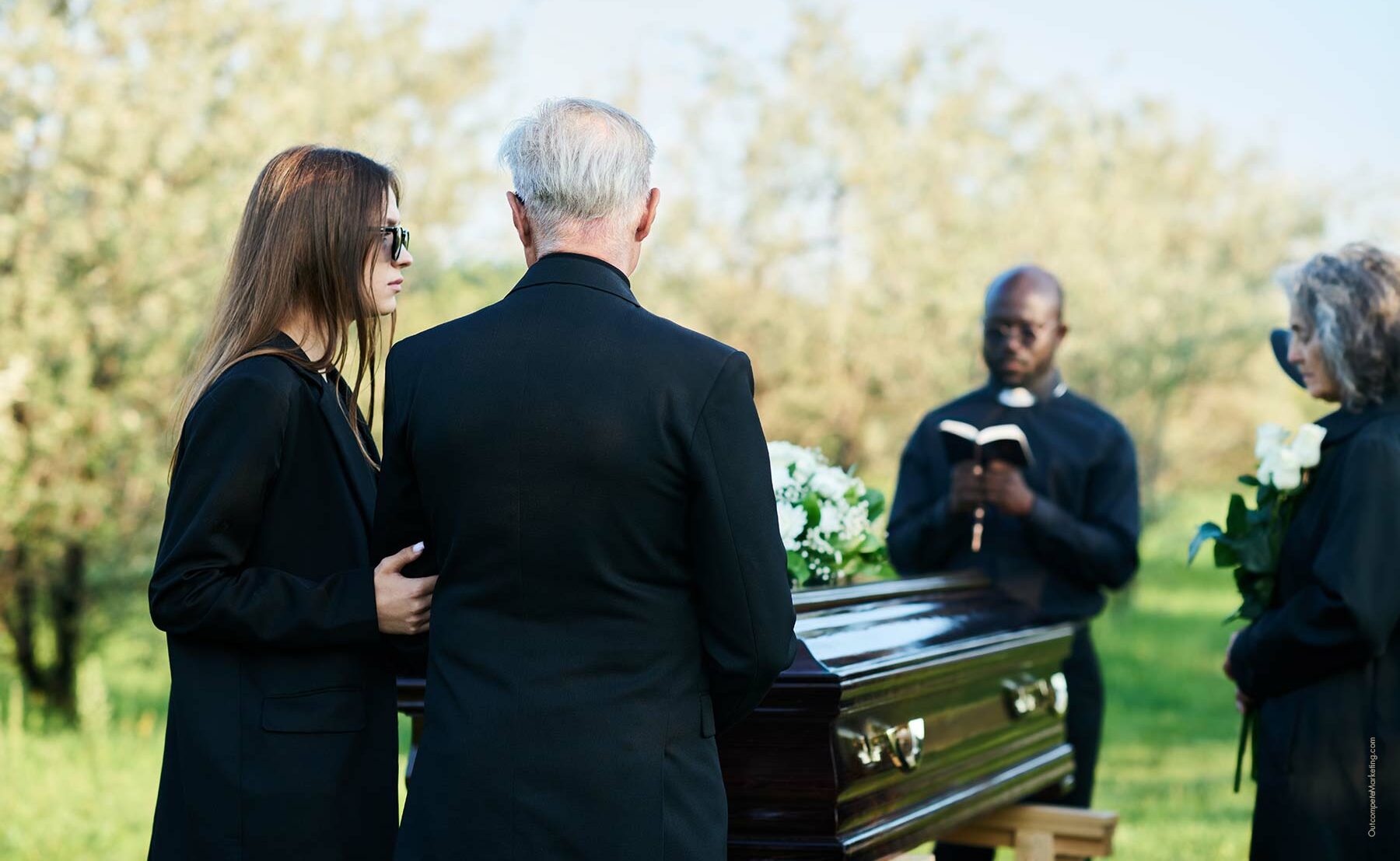At Pines Funerals we know planning a funeral can be a daunting task, especially during a period of grief. Yet, with the right approach, it can also be a meaningful way to honor a loved one. This article dives into essential funeral planning tips, focusing on creating a respectful, memorable service. We’ll cover choosing the right funeral service, understanding the benefits of pre-planning, and how to incorporate personal touches that reflect the life of the deceased. Whether you’re arranging a service for a loved one or planning ahead for your own farewell, these insights aim to provide peace of mind and a sense of preparedness.
Choosing the Right Funeral Service
The type of funeral service you choose plays a critical role in how you honor the deceased’s memory. It’s essential to consider their wishes, religious beliefs, and personality in making this decision. Traditional burial and cremation are the two primary options, each with its unique processes and ceremonies. For some, a traditional burial with a graveside service provides a sense of finality and a physical place to visit and remember. Others may prefer cremation, accompanied by a memorial service, for its flexibility and potentially lower costs.
The Benefits of Pre-Planning
Pre-planning a funeral can alleviate the burden on grieving families, ensuring that the deceased’s preferences are respected and the financial strain is minimized. This proactive approach allows for thoughtful decision-making, away from the pressures and time constraints that come with an unexpected loss. Pre-planning also offers an opportunity for individuals to discuss their wishes with family members, making it a meaningful part of end-of-life preparations.
Incorporating Personal Touches
Personalizing a funeral service is a profound way to reflect the unique life of the deceased. Consider incorporating elements that celebrate their hobbies, passions, and achievements. This could be through music, readings, eulogies, or a display of personal items and photographs. Encourage friends and family to share memories and stories, creating a collective tribute that honors the individual’s impact on their community.
Technology and Tributes
In today’s digital age, technology offers new ways to memorialize loved ones. Live streaming services can ensure that those who cannot attend in person are still able to participate. Creating online memorial pages can also provide a space for friends and family to share condolences, photos, and stories, contributing to a lasting legacy.
Seeking Professional Guidance
Navigating funeral arrangements can be complex, from legal paperwork to logistical planning. Seeking the assistance of experienced funeral directors can offer invaluable support. These professionals can guide you through the process, helping to honor your loved one’s memory in a way that feels true to their spirit and provides comfort to those left behind.
Conclusion
At Pines Funerals, we believe that every life deserves a dignified farewell and that the process of planning a funeral, while daunting, can also be a deeply meaningful way to honor a loved one. By choosing the right service, considering pre-planning, incorporating personal touches, utilizing technology, and seeking professional guidance, you can create a respectful and memorable service. Our aim is to provide peace of mind and a sense of preparedness, ensuring that the legacy of your loved one is celebrated and remembered with love and respect.





